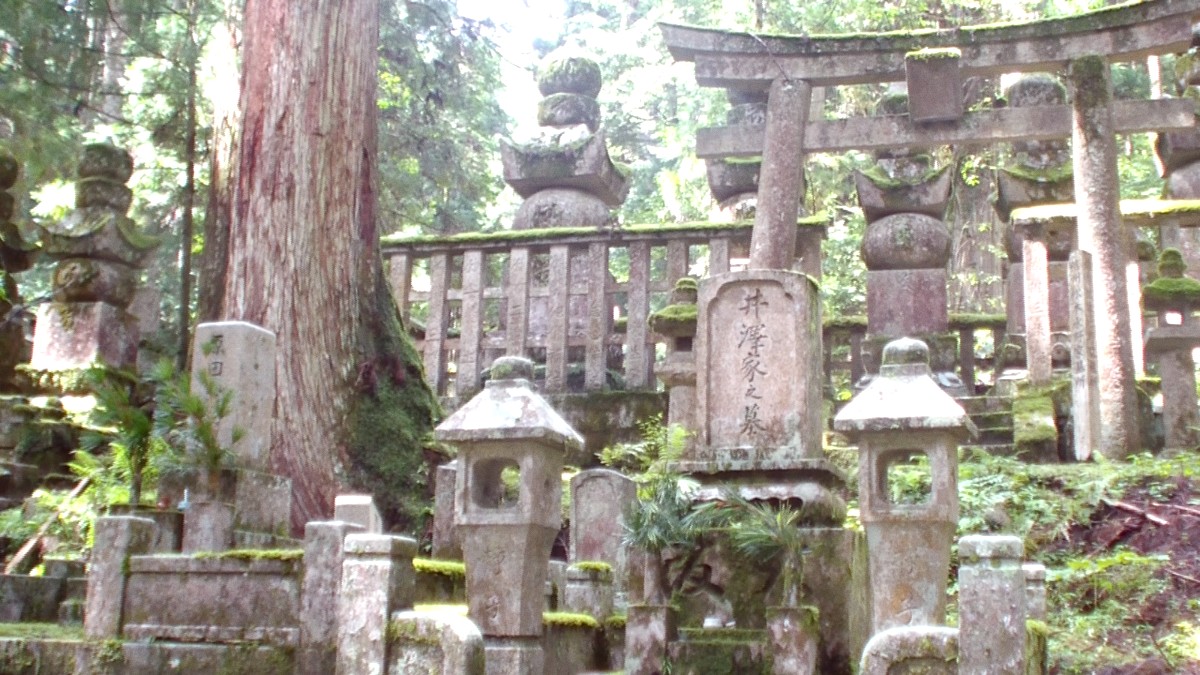
Central Honshu, Japan
The Hida region is part of the Chubu Sangaku National Park. Respect all park rules, stay on marked trails, and do not disturb wildlife or flora. Littering is strictly prohibited.
Japan has strict and complex waste separation rules for recycling. Familiarize yourself with local disposal guidelines, often detailed at hotels. Carry a small bag for your rubbish.
While mountain springs provide generally abundant water, mindful use is always good. Tap water in Takayama is safe to drink.
Make choices that benefit the environment and local communities.
Consider offsetting your flight emissions through reputable carbon offset programs.
Look for accommodations and tour operators that promote sustainable practices.
Support local crafts and traditional industries. Shops in Sanmachi Suji sell authentic, locally-made products like lacquerware and wood carvings.
Support sustainable outdoor gear at PatagoniaAsk permission before photographing people, especially in religious or sensitive areas. Observe and respect local customs like removing shoes.
Find reusable products at Package Free ShopMaintain a quiet and respectful demeanor at religious sites. Check for photography restrictions inside buildings.
Ensure your visit benefits the local community directly.
Choose locally owned and operated accommodations, like minshuku or independent ryokans.
Look for products that are genuinely crafted by local artisans.
Eat at local, independent restaurants rather than large chains.
Any cultural experiences you participate in are respectful and authentic, not exploitative.
If you wish to contribute to the community, consider donating to local charities, community development projects, or environmental organizations.
Donating to established local non-profits directly supports community needs and causes.
Research reputable local non-profits to ensure your contribution has a lasting positive impact.
Giving money to individuals on the street may not achieve desired community outcomes.
Your conscious choices for accommodation, dining, and shopping play a role in the economic well-being of Takayama.
Deepen your appreciation for Takayama's heritage through mindful engagement.
Showing respect at temples and shrines fosters a positive environment for all visitors and worshippers.
At Shinto shrines, use the temizuya (water basin) near the entrance to purify your hands and mouth.
Small monetary donations at temples or shrines are a respectful gesture. Place them in the offering box (saisen-bako).